
K-FLEX is a multinational manufacturing company specialised in the production of thermal and acoustic flexible elastomeric insulation materials. Thanks to its focus on technological innovation and the quality of its products and services, K-FLEX is a worlwide market leader with more than thirty years experience across a variety of business areas.

Research and Innovation Centre Pro-Akademia is a Polish non-profit research organization active in the field of interdisciplinary applied research in the field of engineering and social sciences. RIC’s main field of expertise is circular economy, including bio-based products as well as delivering innovation to the market through applied research and experimental development. Since its establishment in 1996, RIC has successfully implemented over 200 research and advisory projects for EU institutions and funded by EC programs
RIC’s recent achievements include: “HR Excellence in Research” logo by the European Commission (2018), ranked as the 2nd most effective Polish research organization among almost 1.000 Polish research organizations in terms of material effects of research activity in the last evaluation of all Polish research organizations by Polish Ministry of Science and Higher Education (2017), awarded the status of Observer of the United Nations Framework Convention on Climate Change as an organization competent in the areas of the Convention (2018).

The OPUS Centre was established in 1999 with the aim to make it easier for people to act for the benefit of others. We offer training and advisory services.We finance projects and bring people from different backgrounds together. We introduce issues and explain procedures in the field of law, accounting and fundraising. We help register organisations and support activists from informal groups. We award grants for neighbourhood and local activities, finance the development of non-governmental organisations, and offer grants for job creation in the social economy sector. We work with business, local government and NGOs, building mutual trust and confidence in cooperation between these worlds.
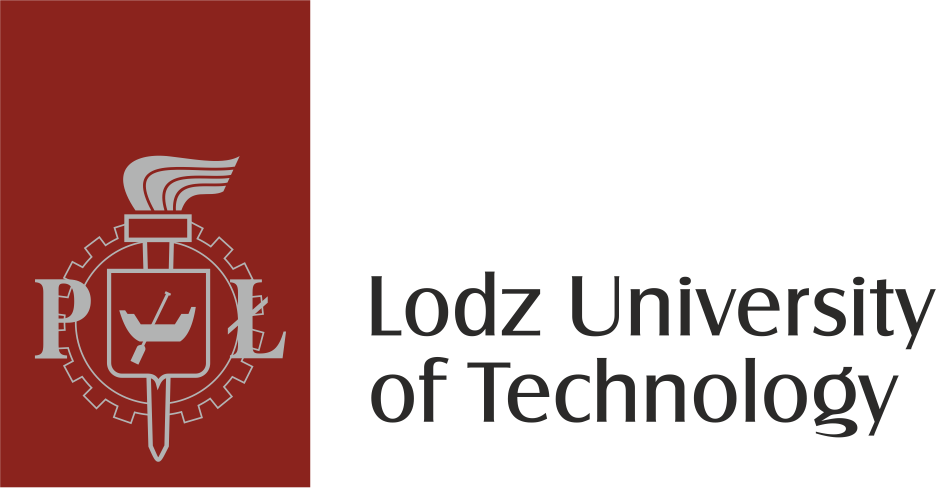
Lodz University of Technology (TUL) is one of the best technical universities in Poland. It is proud to have been educating engineers for 75 years. Over 120,000 well educated graduates are the fruit of the work of several generations of well-prepared staff: teaching, research and technical staff, as well as professional administrative support. Teaching is delivered at nine faculties. Two of them are involved in the project: Faculty of Mechanical Engineering – Institute of Turbomachinery, Faculty of Chemical Engineering – Institute of Polymer and Dye Technology.
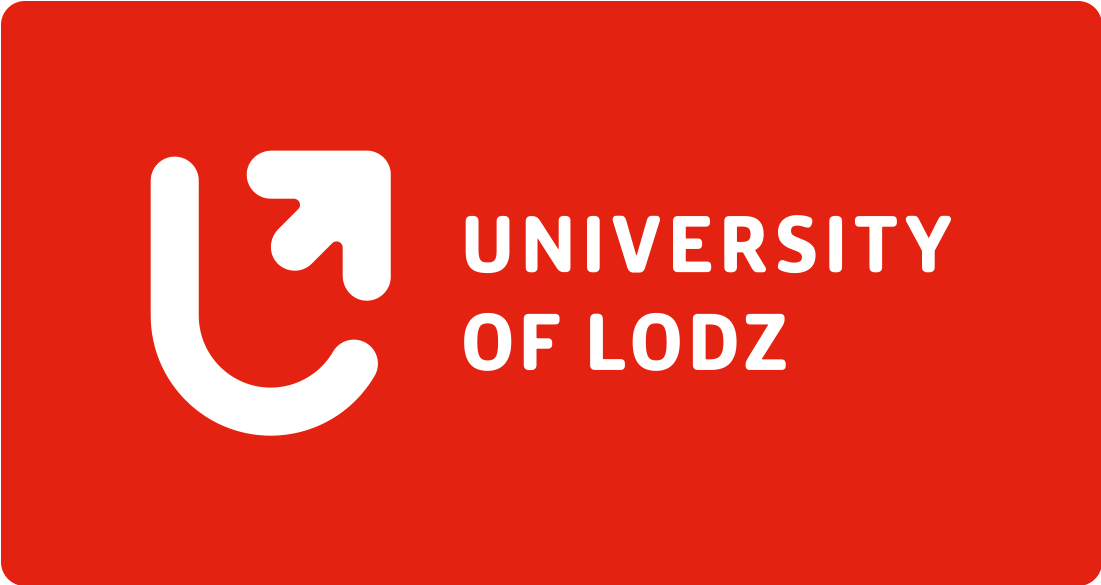
University of Lodz was established in 1945 and currently is one of the strongest scientific and research centers in the country. The University is repeatedly ranked among the top higher education institutions in Poland. The University of Lodz is composed of 12 faculties that provide programs in 60 fields of study and 170 specializations. Two faculty are participating in the FRONTSH1P project: the Faculty of Economics and Sociology (an influential center ensuring economic, social and sustainable development) and the Faculty of Geographical Sciences (one of the leading geographical centers in Poland, with a long tradition in the field of scientific research).
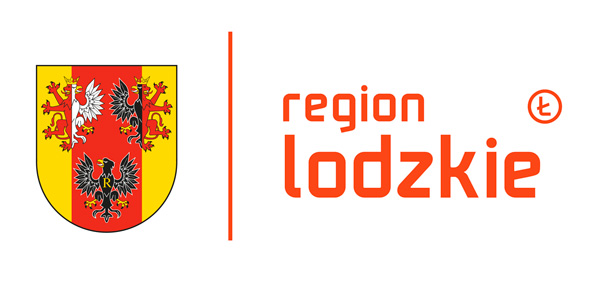
Lodzkie Region (LR) is a regional self-governing community and relevant territory located in central Poland. Represents the highest level of administrative sub-division of Poland and is responsible for creating and implementing regional policies, including management of European Union funding. As a regional government it is also a legal entity. In 2013 Lodzkie Region developed the Regional Innovation Strategy (LORIS2030) where key smart specialisations of the region were identified. Among others: innovative agriculture and food processing; medicine, pharmaceuticals, cosmetics, as well as green energy; textile industry and biotechnology were indicated as the most important sectors and technologies for region’s growth. All of them are elements of the bioeconomy. For many years, Lodzkie has been carrying out activities to build on this potential and to become a bioeconomy leader in Poland and Central/Eastern Europe.
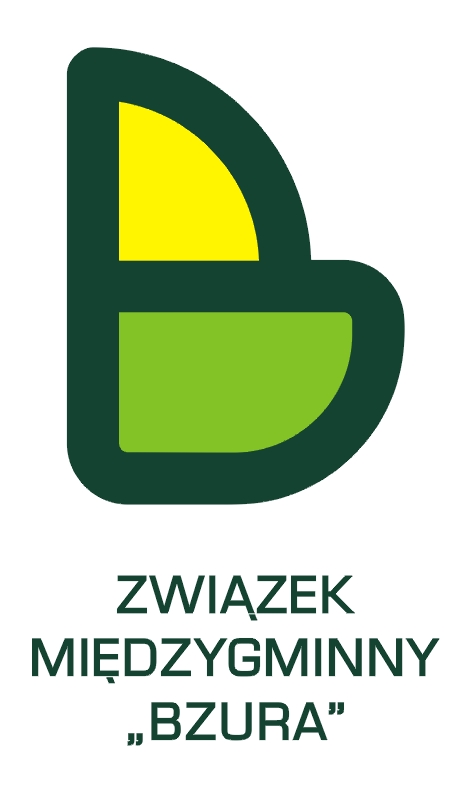
The “BZURA” Inter-Communal Association is made up of 19 local governments from the Łódź Province in Poland. Our main goal is to build the Bzura Circular Center, the heart of which will be a municipal waste management plant focused on recovery and recycling. That is why we engage in ecological and scientific activities to improve and protect the environment.
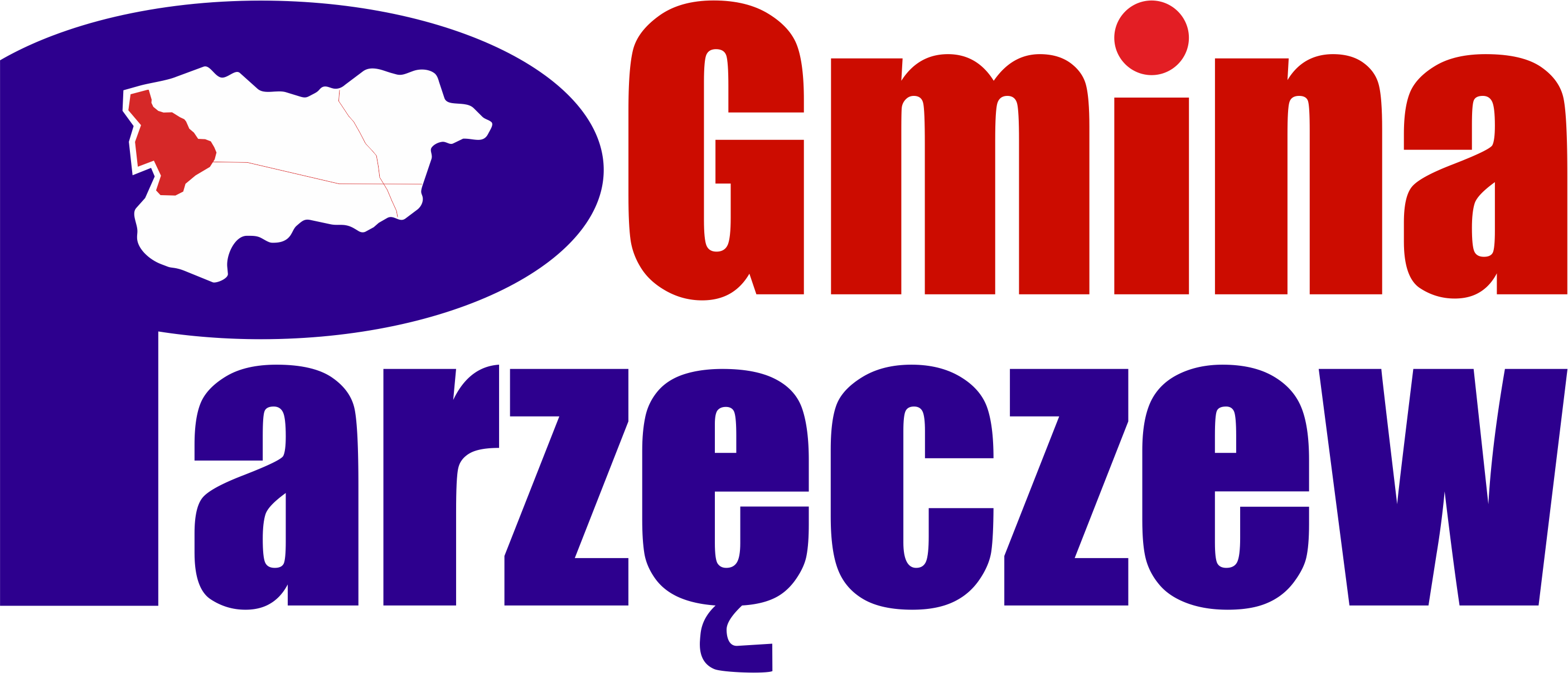
Parzeczew is an agriculture village (previously a city) in Zgierz County, Lodz Voivodeship, in central Poland. It is the seat of the Commune (administrative district) called Gmina Parzeczew. It lies approximately 18 kilometres (11 mi) north-west of Zgierz and 26 km (16 mi) north-west of the regional capital Lodz. As for 2020, the village has a population of 5127. Parzeczew Commune consists of 24 villages and 1 district called Leznica Wielka.

KPMG is a global organization of independent professional services firms providing Audit, Tax and Advisory services. We operate in 147 countries and territories and have more than 219,000 people working in member firms around the world. KPMG deploys multidisciplinary teams, covering areas such as Energy & Natural Resources, Innovation advisory, Climate Change & Sustainability, Government & Infrastructure and Corporate Finance in the delivery of high-quality projects. The project involves the Business Advisory Energy team from KPMG Poland, whose members are engineers and economists with experience and extensive knowledge in energy and infrastructural projects.

Sirmax Group, headquartered in Cittadella (Padua), is the leading independent European manufacturer (and among the top global manufacturers) of polypropylene compounds used across all sectors: automotive, household appliances, power tools, household, construction and furniture. Active since the 1960s, it now has 13 production plants: Six in Italy – two in Poland (2006-2019), one in Brazil (2012), two in the USA (2015-2020) and two in India (2017). Sirmax has acquired significant market shares in Europe, North and South America and Asia, and has become a global benchmark for the international market. Among its clients are mainly the leading household appliance and automotive producers / tier-ones, as well as representatives of other industrial sectors. In 2020, the Group had reached a turnover of 315 million euros, employing 700 people worldwide. 2021 Turnover is forecasted to exceed 450 million. Sirmax Polska Sp. z o.o., as part of Sirmax Group operates 2 production factories located in Kutno (Lodz province) , employing approx. 120 persons , with annual production output over 70.000 tons of plastic compounds.
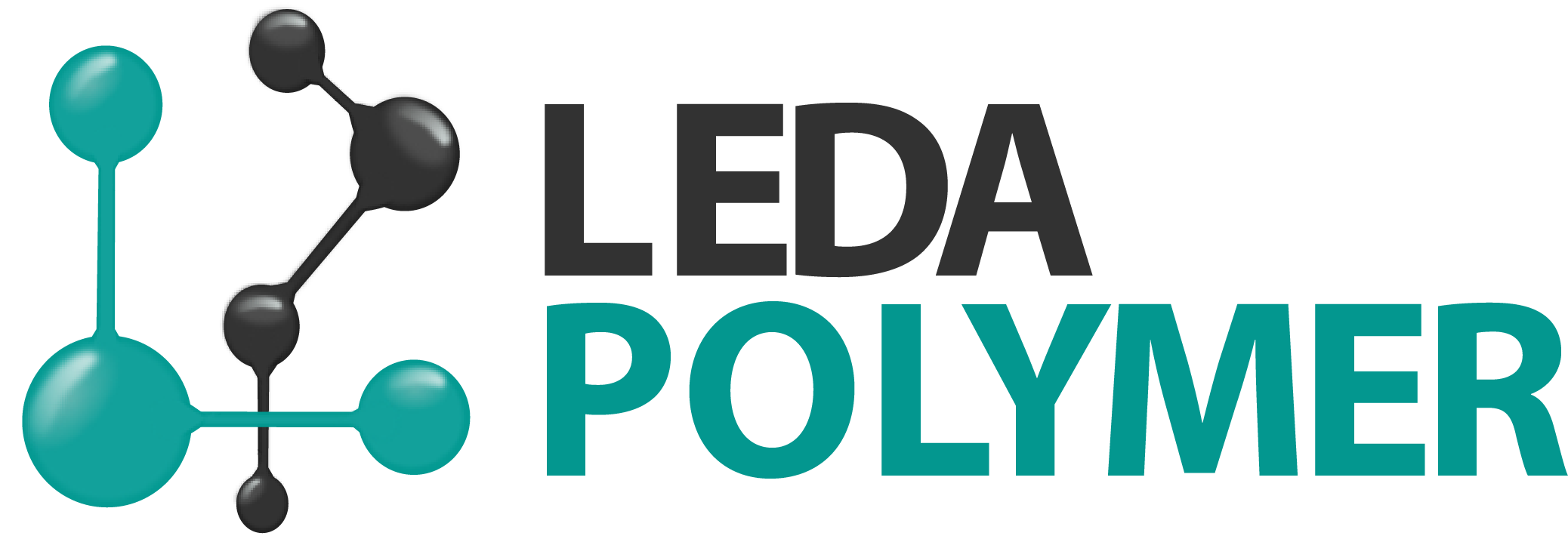
Leda Polymer is a polish company specialized in innovative and individually tailored solutions in the field of molded foam manufacturing. The main products are bubble wrap, polyurethane foam and molds used in the construction of vertical gardens. Developing various arrangements of space with the use of modern technology benefits the environmental protection. Leda Polymer is also strongly committed to researching and promoting sustainable technologies for NIPU foam production.

The Free University of Bozen-Bolzano (UNIBZ) is a non-state university founded in 1997 as a multilingual, internationally oriented institution located at the crossroads between the Italian and the German cultural and economic worlds. UNIBZ is composed of five faculties (Economics and Management, Computer Science, Education, Design and Art, Science and Technology) and two Competence Centres with specific research focuses. The research team involved in the project – the Bioenergy and Biofuels Laboratory – belongs to the faculty of Science and Technology and focuses particularly on the experimental and modelling characterization of thermochemical conversion processes applied to lignocellulosic biomass. The research is carried out at different process scales, ranging from the micro to the real scale. Some peculiar aspects under investigation are related to the utilization of residual biomasses and the fuel flexibility in the gasification process, as well as the investigation of valorization routes for gasification char.

STRESS Scarl has been entitled by the Italian Ministry of Research as the High Technology District for Sustainable Construction, it has Coordinated various National Research Projects and has participated in many FP7 and H2020 Research Projects.

PROPLAST is a technology center focused on research and innovation in the plastic world, by integrating the industrial and academic competencies, approaches and needs. Proplast facilities include pilot lines of the main technologies for polymer production and processing, i.e. extrusion and compounding, injection molding and thermoforming, fiber reinforced composite production. Moreover, Proplast has an advanced design lab (CAD/CAM, FEM analysis, structural analysis, processing simulation) and material characterization laboratories. Since 2008, Proplast is recognized as one of the managing body of the green chemistry and advanced materials innovation cluster in Piedmont region.

The Gruppo Azione Locale Irpinia is a non-profit mixed public private consortium. The object of the activity is supporting local development through the definition, implementation, promotion and dissemination of development strategies; the promotion and support of technical, economic and environmental innovation; awareness raising for the population through suitable communication tools. The shareholder’s structure is made up of 15 entities: 3 local public administrations, 3 private entities representing economic and social parties, 1 private entity representing civil society and 8 local companies.

STAM is a private engineering company with three main area of expertise: advanced manufacturing, digital solutions, and energy/(bio)circular economy. STAM develop prototypes of wastewater management plants using closed tubular Photo Bio-Reactors (PBRs) technology for the treatment of slurry and waste water. Moreover, Stam has develop digital platforms to engage stakeholders in ecosystems aimed at accessing pilot lines for the development of bio-based products and advanced materials. Stam will be involved in CSS3 for the scale-up of the containerized waste water management plant and will be supporting the Polish cluster in developing the digital platform and tools for citizens engagement and tracing of all flows as enablers of the FRONTSH1P methodology to deploy a systemic approach while guaranteeing full monitoring along the value networks. The system engineering experience of the company is instrumental to support activities in the other CSSs as well as in developing interoperable solutions with mobile phone and portable devices including gamification.
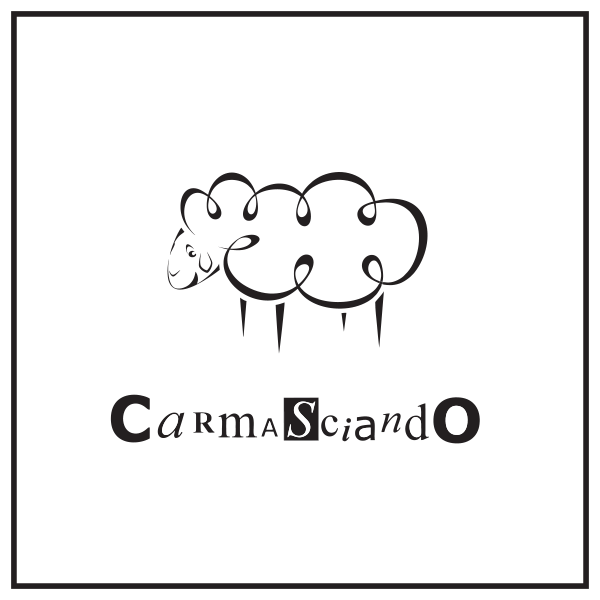
The Carmasciando company was founded in 2016 in a farmhouse restored according to quality and design criteria, with the collaboration of the architects of Marasma studio.
The 6 hectares of the Carmasciando farm are located at 749 meters above sea level in a specific, geographically delimited area of Irpinia called Carmasciano, characterized by the presence of Mefite, a muddy lake that emits sulphurous gases from the subsoil.
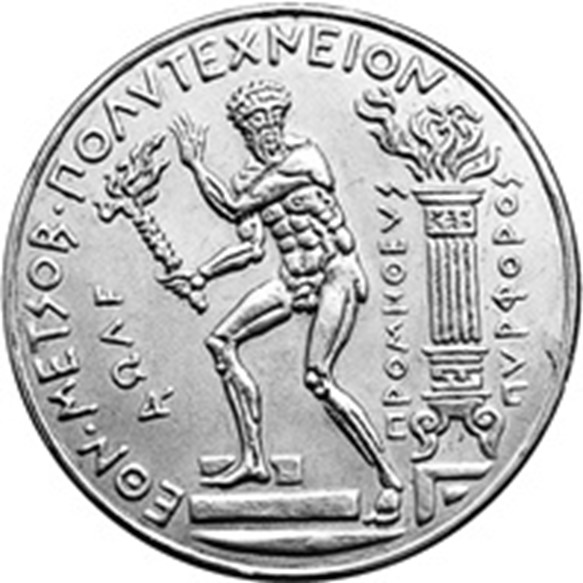
The primary institutional component of the NTUA’s mission, effected through the integrated complex of studies and research, is to provide advanced higher education of outstanding quality in science and technology. In the framework of FRONTSH1P, Laboratory of Metallurgy (LabMet) will assess the social and environmental dimensions of the systemic solution, while Laboratory of Steam Boilers and Thermal Plants (LSBTP) will develop a compact post combustion capture unit.

The Centre for Research and Technology Hellas is one of the largest research groups. It promotes research, development and innovation by conducting high quality research and developing innovative products and services. CERTH consists of five Institutes: Chemical Process & Energy Resources Institute (CPERI), Information Technologies Institute (ITI), Hellenic Institute of Transport (HIT), Institute of Applied Biosciences (INAB), Institute of Bio-Economy and Agri-Technology (iBO). CERTH/CPERI’s mission is to conduct high caliber basic and applied research, to develop novel technologies and products and to pursue scientific and technological excellence in selected areas of Chemical Engineering, including Energy, Environment, Materials and Process Technologies, in response to the needs of the industrial and productive sector.
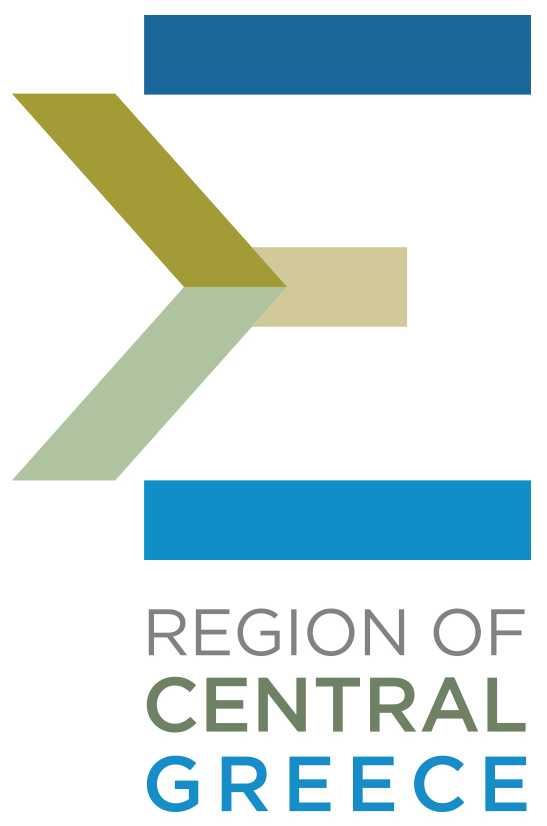
The Region of Central Greece (Perifereia Stereas Elladas-PSTE) is the second largest administrative region in Greece in total area (15,549.31 km2), with a population of 555,960 inhabitants (5.2% of the country’s population), it accounts for 4.7% (€8.767bn) of the country’s GDP while the regional GDP per capita in PPS was €19,300 in 2018 (EU28 average €31,000). It is dominated by the manufacturing sector – with a prominent sector of metal – which has developed mainly due to its proximity to the capital city of Athens. The region is also an important agricultural center (11 PDOs & 18 PGIs) while the sectors of tourism and services are underdeveloped despite the regional potential. The PSTE participates in a number of EU-funded programs; also, it implements the strategy “Smart Region” aiming to introduce innovative ideas and practices in governance, transparency, economy, social solidarity, environment, culture and to give citizens a platform for participation.
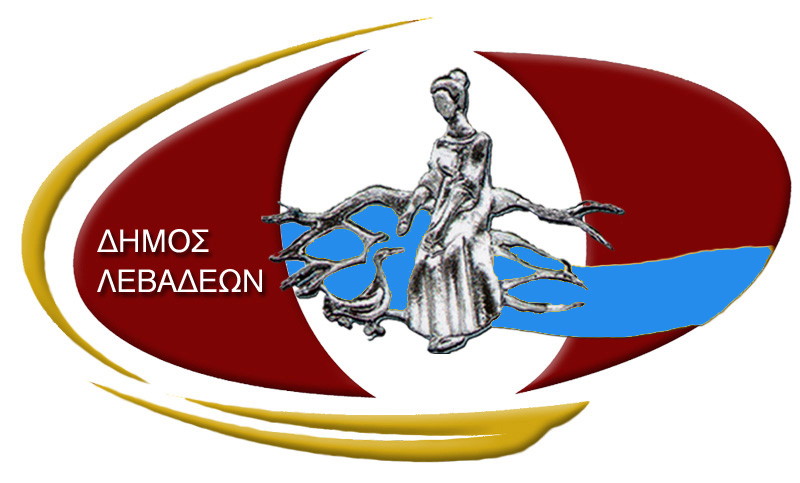
The Metropolitan Municipality of Levadia is a medium sized Municipality with a total population of 31.315 inhabitants. For the fulfillment of its responsibilities, the Municipality is divided into 7 Directorates and the total number of the personnel is 247 employees. The management of the environment and the effective waste management is a priority for the Municipal Authority and its strategic planning for the environment is based on the circular economy, the reduction of the energy footprint and the adoption of methods for improving the sustainable green economy, by using sustainable energy resources.
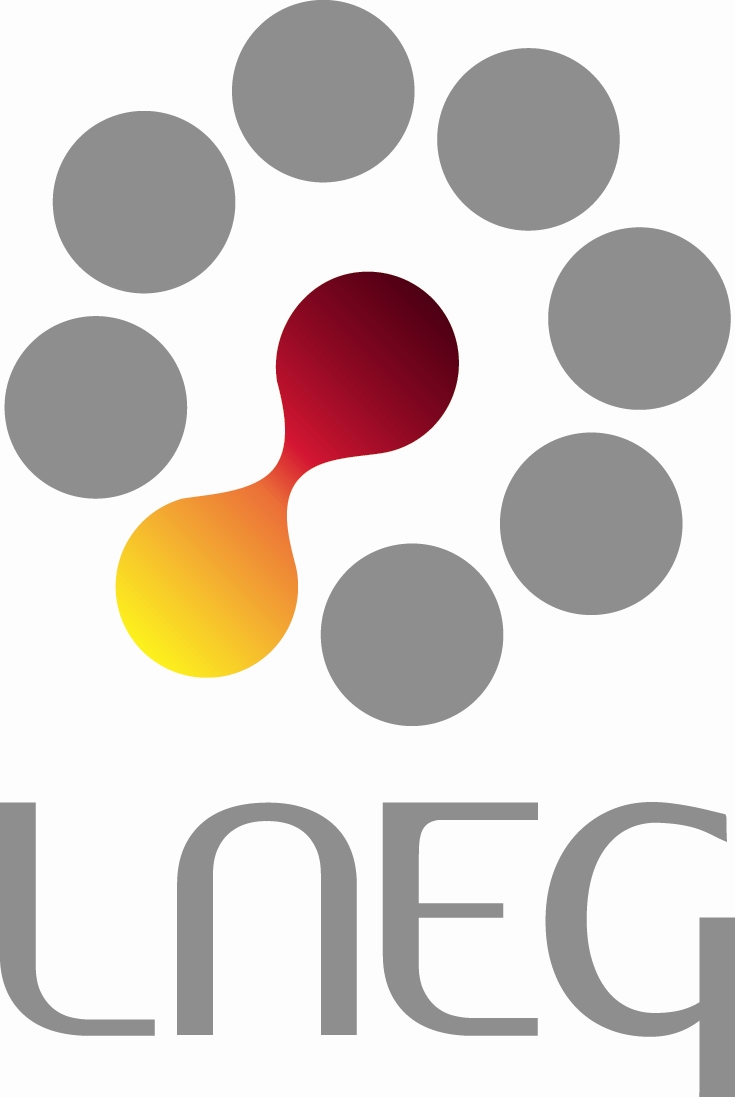
Laboratório Nacional de Energia e Geologia, I.P., the Portuguese State Laboratory attached to the Ministry of Environment and Climate Action, executes advanced R&D work and decision-support for public policy makers and private sector. Its mission is to promote technological innovation in the fields of energy and geology focused on science and technology, with the overriding objective of raising company competitiveness within a framework of sustainable economic progress. LNEG is involved in activities focused on the bioenergy and biorefinery development and resource economics.
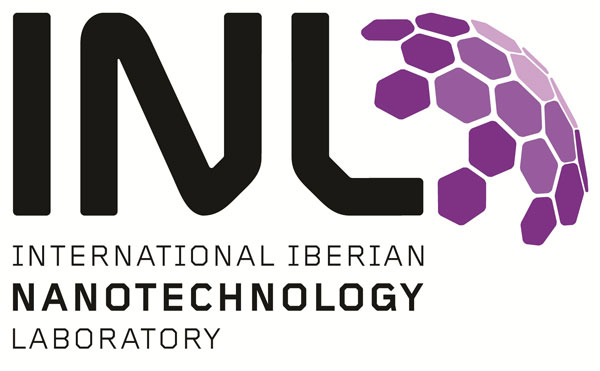
The International Iberian Nanotechnology Laboratory (INL) is the first Intergovernmental Organisation in Europe in the fields of Nanotechnology and Nanoscience. It is the result of a joint decision of the Governments of Portugal and Spain. Aiming to become a vital part of Europe’s scientific area, the center provides a high-tech research environment to address society´s grand challenges. Its Research and Technology activities are focused on six clusters: Health, Food, Energy, Environment, ICT and Future Emerging Technologies, which complement each other and provide a base for interdisciplinary interactions between our research.

As a regional body of the Portuguese Government, CCDR-NORTE coordinates and promotes public policies in the domains of Regional Development, Environment, Land Management and Inter-Regional and Cross-Border Cooperation, and provides technical support to Local Government and Inter-Municipal Associations. It has a longstanding tradition in the management of programmes funded by the European Union’s Cohesion Policy, namely the Norte’s Regional Operational Programme, as well as other financing instruments intended to promote regional development. More recently, following the approval of the Action Plan for Circular Economy by the Portuguese Government in 2017, CCDR-NORTE has developed the Regional Agenda for Circular Economy, which outlines the Norte’s strategy for the transition towards a more efficient and sustainable use of resources.

CARTIF is a horizontal, private and non-profit research Institution, whose main mission is providing innovative solutions to the industry to enhance their processes, systems and products, improving their competitiveness and creating new business opportunities. As a Technology Centre, CARTIF develops R&D projects in multiple knowledge fields: energy, food, industry, construction and infrastructures, health and environment, addressing research lines oriented to the main societal challenges, as industry 4.0, smart grids, smart cities, energy efficiency, cultural heritage, quality of life, circular economy, natural resources, sustainable chemistry and biotechnology.

The Spanish National Research Council (CSIC) is Spain’s largest public research institution and ranks third among Europe’s largest research organisations. Attached to the Spanish Ministry of Science, Innovation and Universities through the General Secretariat for Scientific Policy Coordination, the CSIC plays a crucial role in scientific and technological policy in Spain and worldwide. According to its Statute (Article 4), it has four main missions:
- to foster multidisciplinary scientific and technological research,
- knowledge transfer to industry and society,
- education and training of scientific and technical staff,
- creation of Technology-Based Companies (spin-offs)
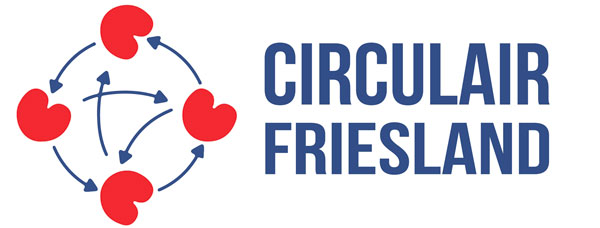
Circular Friesland is an association of 100+ members, like private companies, all Frisian knowledge institutes, societal organisations and all Frisian public administrations. The Association initially started in 2016 with a dozen frontrunner companies and is growing since then as a bottom-up movement. Our aim is to be one of the European frontrunner regions together with our members and partners in 2025. Circulair Friesland is accelerating the transition to a circular economy in the Province of Friesland. Our focus is on creating systemic change by activating and enabling companies and governments, triggering and mobilising education and knowledge institutes, and by facilitating circular value chains and stimulating new markets and circular business development. We believe that collaboration is key, that’s why we are partner in Frontsh1p.

Friesland is a province in the north of the Netherlands with approximately 650,000 inhabitants. The province as an organisation is the regional authority. The capital and seat of the province is in Leeuwarden. This city was the European Capital of Culture in 2018. In addition to Dutch, the Frisian language is an official language in the Netherlands and is widely spoken in Friesland. For several years, Friesland has been working together on the transition to a circular economy, with the province being a proactive member of the Association Circular Friesland.
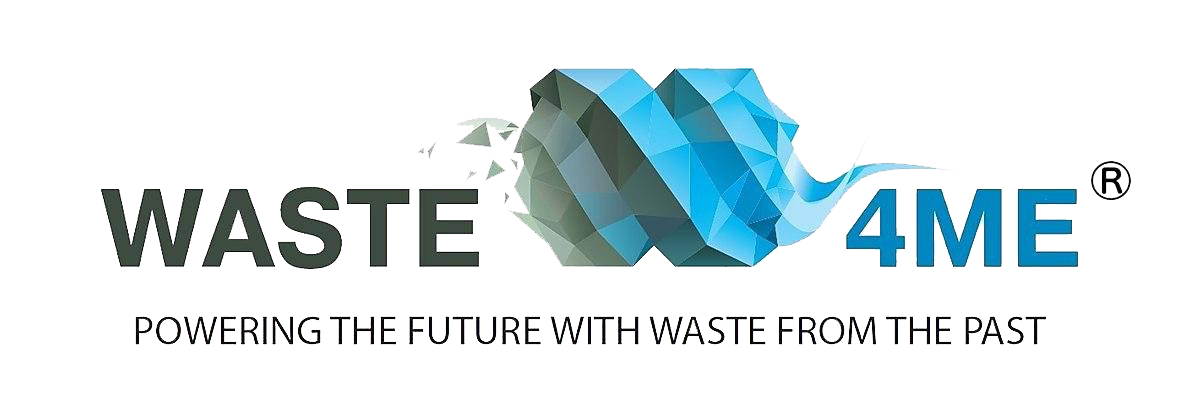
Waste4ME is a chemical recycling company from the Netherlands, working on pyrolyzing different waste streams. They are also a registered waste handling company. Waste4ME focuses its own business on finding solutions for ‘hard-to-recycle’ materials and especially streams that cannot be recycled yet. They are doing so by testing different materials and analyzing the composition of their in- and output, to be able to optimize their process and expand their database to find new solutions to the plastic waste problem.
By joining Frontsh1p Waste4ME wants to reach the point of accepting a wider range of waste plastics for chemical recycling that enables more regions to economically recycle their waste flows.

The European Association of Development Agencies (EURADA) was established in 1992 to support policy learning in regional development agencies. The core activities of EURADA are directed towards sharing good practices in order to increase the impact of the development agencies and work on common projects, in special those dedicates to entrepreneurship, social innovation and support for SMEs. In practice, EURADA, through a large network of 65 members throughout 23 countries in the European Union and beyond, gathers people working on economic development. EURADA has furthermore established a framework of continuous dialogue with the European Commission and other EU Institutions to launch new policy to foster economic growth. In the framework of its dialogue, EURADA participates in several committees of the EU, like the experts’ group for the follow-up of the Small Business Act, the mirror group for smart specialization or the expert group for the Structured Dialogue of ESI Funds.

VELTHA is an international research organisation headquartered in Brussels that specialises in the development and implementation of research projects in the field of sustainable development and circular economy. The organization successfully participated in FP7 and H2020 projects, gaining extensive experience in the framework of regional cooperation for the definition of enhanced regulatory instruments aimed at promoting the adoption and implementation of circular economy programmes. Veltha’s expertise also focuses on the identification and definition of sectoral value chains within EU Regions, project management, communication and dissemination activities and preparation of the plans for the exploitation of the research results.

In the FRONTSH1P project, Promix will be mainly involved in CSS4. Promix will be responsible for the development and supply of key components necessary to equip an extruder so that it can be used for physical foaming. These are: Gas dosing units for the precise and continuous dosing of CO2 and/or N2 into the polymer melt, static mixing-cooling technology allowing the homogenization of melt and melt temperature, inline viscosimeters that are typically used as a quality control tool, and nucleation additives enabling the production of foams with small-sized and homogeneously distributed cells.
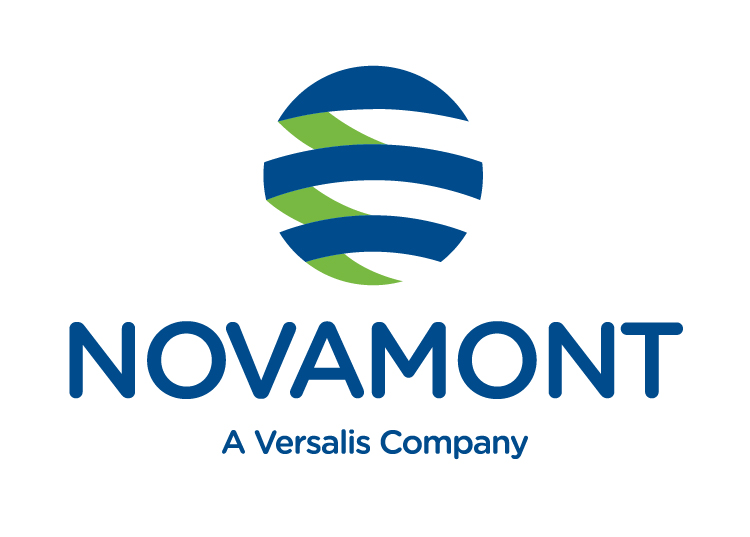
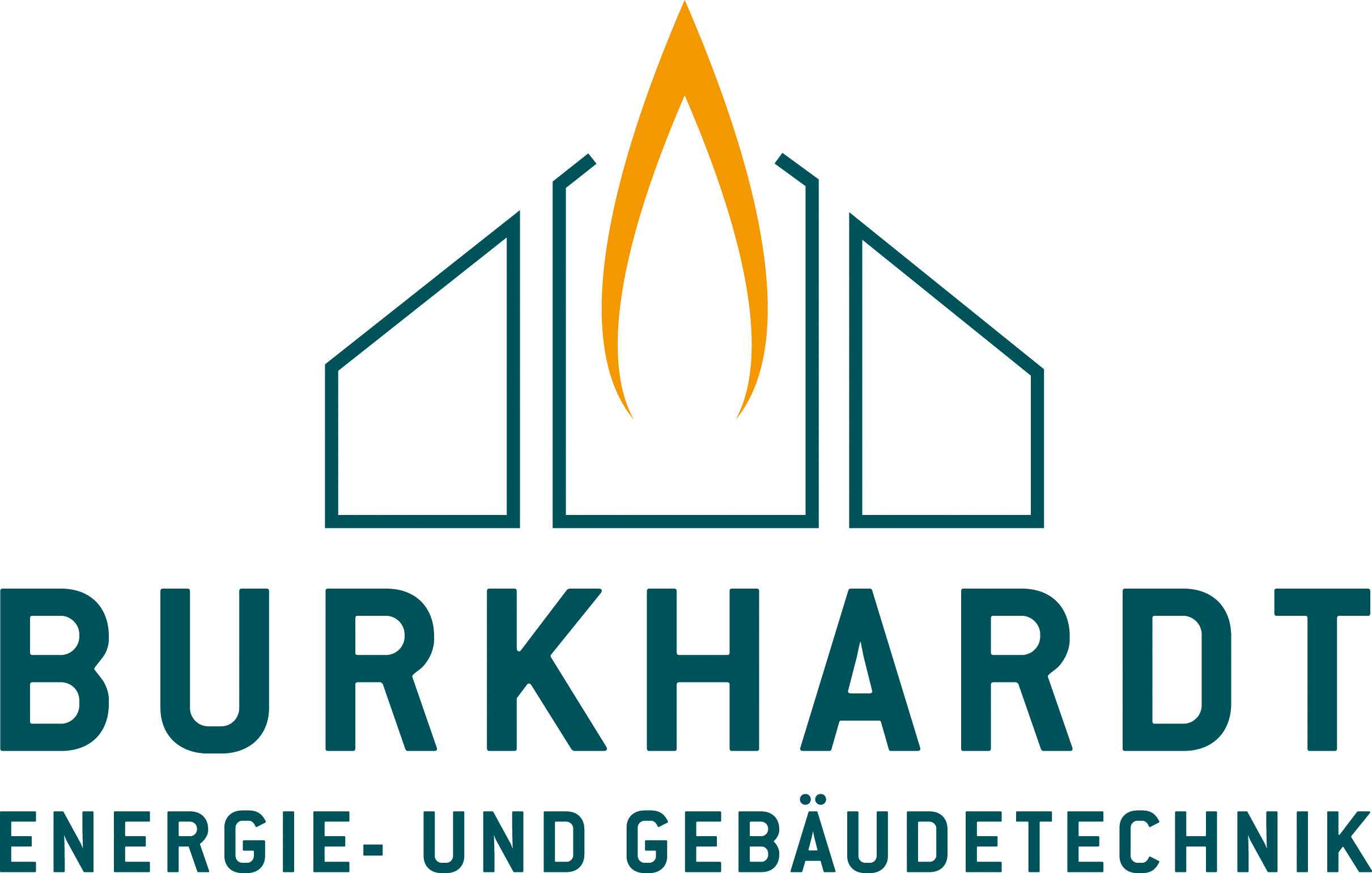
Burkhardt GmbH operates in the two areas of building technology and energy technology. The company is headquartered in Mühlhausen, Germany (near Nuremberg). The fields of activity in the sector of building technology: construction, installation, repair and maintenance of systems in the field of heating, sanitary, ventilation and air-conditioning and execution of tinsmith works. The fields of activity in the sector of energy technology: development, construction, production, sales and maintenance of wood gasifiers, cogeneration systems and district heating grids.
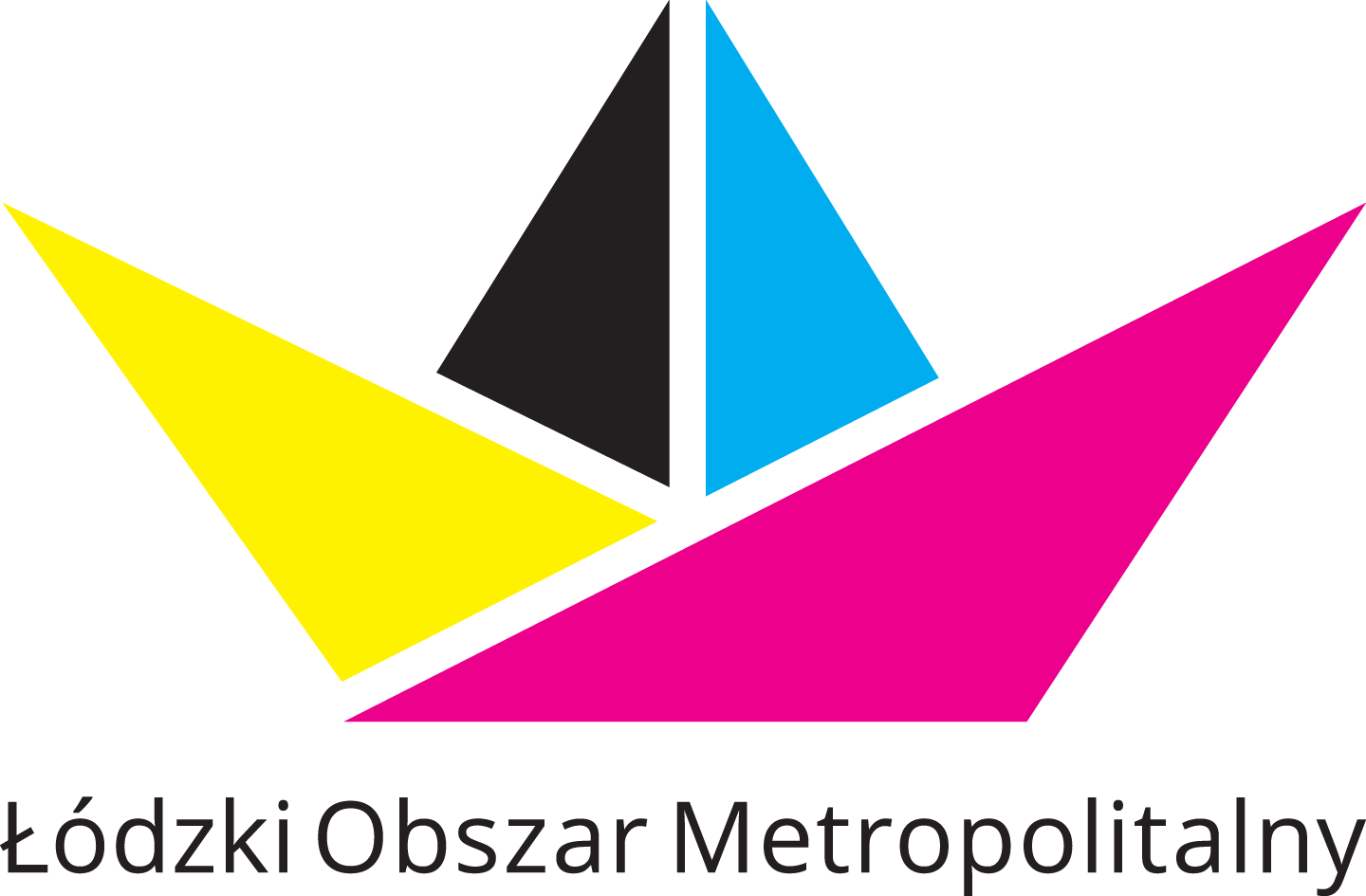
SŁOM is The Association of Lodz Metropolitan Area that comprises 31 local self-government units from five districts, including the City of Lodz, Brzeziny, Lodz – East, Pabianice, and Zgierz. Its main goal is to foster the socio-economic development of the Lodz Metropolitan Area, primarily functioning as an Integrated Territorial Investment (ITI) Association.

